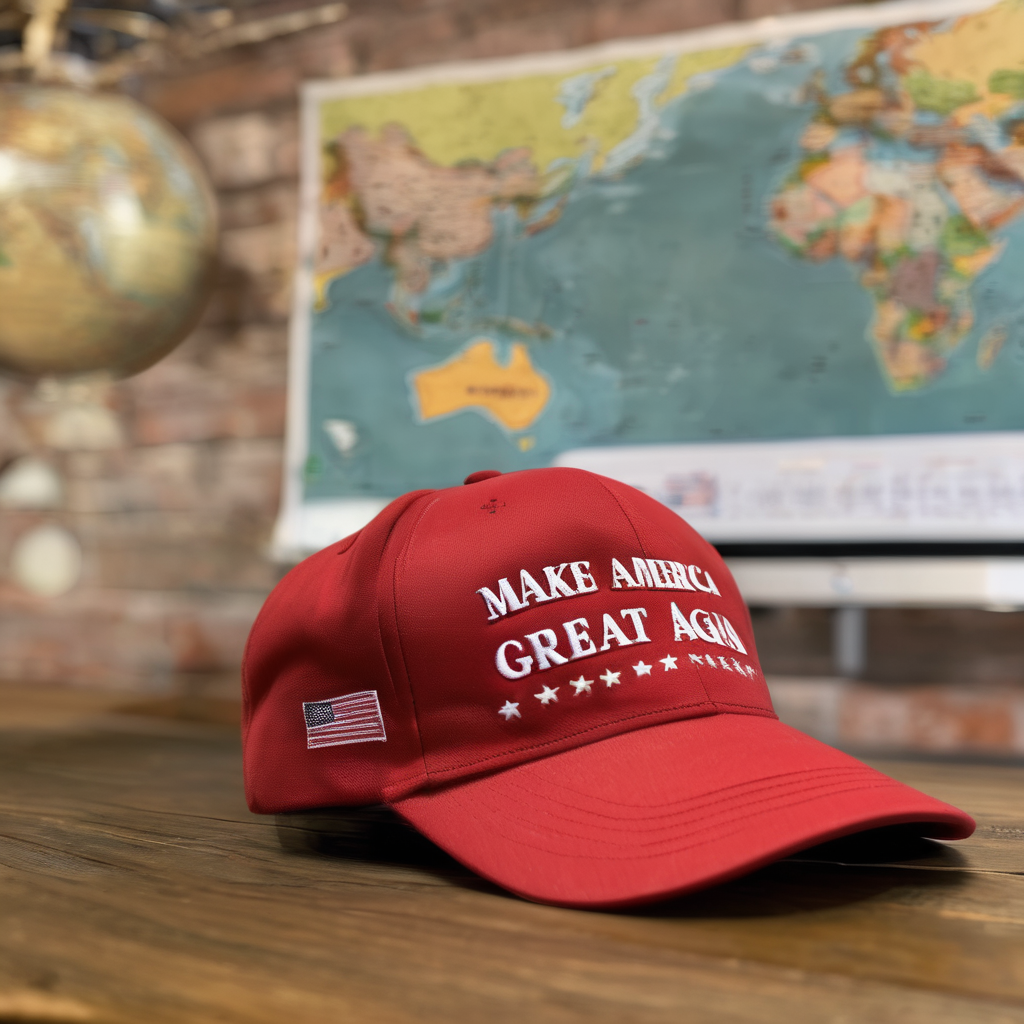Donald Trump’s tenure as the 47th President of the United States has sparked both admiration and criticism. As he embarks on a tour of Asia, understanding Trump’s influence and the movement known as Trumpism requires a look back at history, particularly to the pivotal year of 1989. This year marked the end of the Cold War and is characterized by what some term “liberal hubris,” significantly influenced by Francis Fukuyama’s thesis, “The End of History and the Last Man.” Fukuyama argued that with the fall of communism, liberal democracy and market capitalism triumphed, ushering in a new era where previous forms of struggle, including nationalism, became obsolete.
Fukuyama posited that the “last man” emerged—free from historical prejudices such as national pride—and that this individual would belong to a global middle class deeply entrenched in consumerism. The political climate of the time ushered in a globalist perspective, where boundaries were seen as relics of a bygone era. The pursuit of a “capitalist nirvana,” as exemplified by the so-called “Davos man,” became the ethos of the time.
Going even further back, economist Karl Polanyi described a similar concept—the “marketization” of the economy in his influential 1944 book, “The Great Transformation.” He warned of a “double movement,” where society reacts against unfettered market freedom by advocating for the re-embedding of the economy within social frameworks, often through labor laws and tariffs. Polanyi’s ideas resonate with today’s discussions surrounding Trumpism, which reflects a counter-movement against the globalist policies that have dominated American discourse.
In recent decades, the American social fabric has evolved, spurred by changes in policy that prioritized consumerism over historical narratives. This shift directed focus toward a refined social contract, leading to a version of American history that often sidelines themes of nationalism. Consequently, university campuses became arenas for what some critics describe as “micro-aggressive” versions of wokeness, limiting the expression of alternative viewpoints in favor of a singular progressive narrative.
This ideological environment has significant repercussions on economics and industry. Businesses strategically relocated to capitalize on globalization, usually resulting in wage differentials that prioritized profitability over local labor considerations. The prevailing culture of identity politics further exacerbated this trend, reducing complex issues to divisive categories that overshadowed broader economic challenges.
As Trump continues to navigate this complex political landscape during his international tour, his administration reflects an ongoing struggle between globalism and a resurgence of nationalist sentiment, a theme that echoes across contemporary discussions in political economy and national identity. Ultimately, the interplay between these historical and current forces shapes the path forward for American society and its economy.
